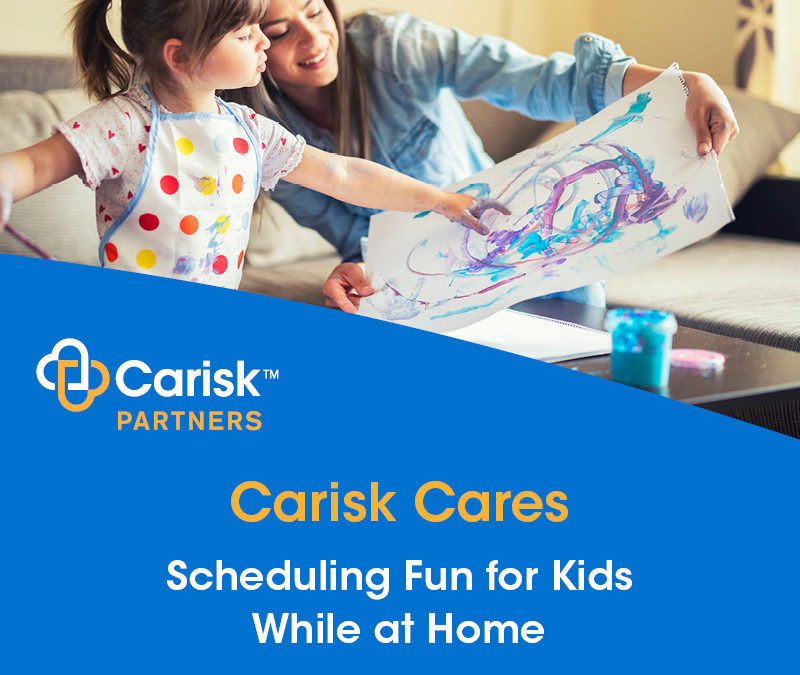By: David Vittoria, LCSW, MCAP, ICADC, NCAC II
Like adults, children experience stress that can feel overwhelming at times. With so many
responsibilities on their plates, children can sometimes have difficulty being intentional about taking care of themselves.
Research suggests that the practice of taking care of and being kind to themselves can help adolescents reduce stress and increase feelings of curiosity and gratitude. And people who grow up into self-compassionate adults have stronger relationships with their partners and are more resilient when confronting stressors like the COVID-19 outbreak.
This practice may take about 10 minutes. It can be done anytime and might be especially useful before the start of a busy season.
Compassion is about noticing suffering, including our own, and being moved to alleviate it. Amid their busy schedules, children may not always notice when they are suffering—stressed, overwhelmed, or sad—or they may ignore their own suffering as they march forward to meet the demands of their lives. One way to help children develop self-compassion is by encouraging them to make time to explore their interests and engage in activities they enjoy through the use of a Fun Events Calendar.
You can think of it as a form of self-care for kids.
Here’s how to do it:
- Reflect: Encourage your kids to write down a list of activities they enjoy.
- Schedule: Help your children identify time slots on the calendar when they can do one or two of the activities.
- Track: Place the calendar in a visible location and help your children track the activities by adding a sticker or check mark when they are completed.
Self-compassion is about treating ourselves kindly, both in our actions and in the ways we think of ourselves, especially when facing challenges like we’re going through right now. The Fun Events Calendar is one of many ways to encourage your children to be proactive about carving out space for themselves, so they can look forward to positive experiences and do things that make them feel happy. In turn, being self-compassionate may allow children to be more open to receiving care from others and giving care to others.
=====
References:
- Edwards, M., Adams, E. M., Waldo, M., Hadfield, O. D., & Biegel, G. M. (2014).Effects of a mindfulness group on Latino adolescent students: Examining levels of perceived stress, mindfulness, self-compassion, and psychological symptoms. The Journal for Specialists in Group Work, 39(2), 145-163
- Biegel, G. (2017). The stress reduction workbook for teens: Mindfulness skills to help you deal with stress. Oakland, CA: New Harbinge





